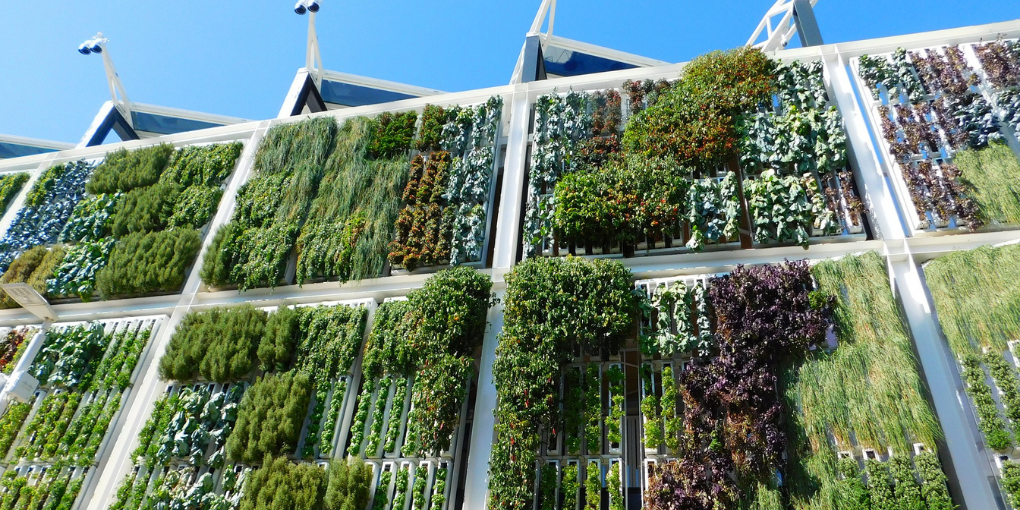A new trend is growing, and it serves the intersection of sustainability, sales, and supermarket consumers. After a successful trial period with Israel’s largest supermarket Rami Levy, Israeli startup Vertical Field has entered a long-term partnership and will expand its “living walls” to more supermarkets in the chain.

Vertical Field, founded in Ra’anana in 2006, is an urban development company, which installs green walls that grow fresh produce, like lettuce, kale, parsley, and basil, using software, LED lighting, and sensors to ensure the greens are the best they can be. With less land available and more city life, Vertical Field offers the advantage of no soil needed, no animal threats, and no chemicals necessary. Green walls also offer buildings the benefits of cleaner air, reducing heating and cooling needs, and increasing overall wellbeing. The innovative farming solution was successful with Israeli shoppers, who should see up to 30 new green walls in Rami Levy through 2021.
Vertical Fields isn’t the only urban farming technology coming to the surface. In an urban world quickly developing, the revolutionary approach to farming serves a flourishing future where agriculture doesn’t depend on the weather, soil, land, or other, but can be built vertically within forward-thinking landscapes to create wellbeing, abundance, and salad for all.








